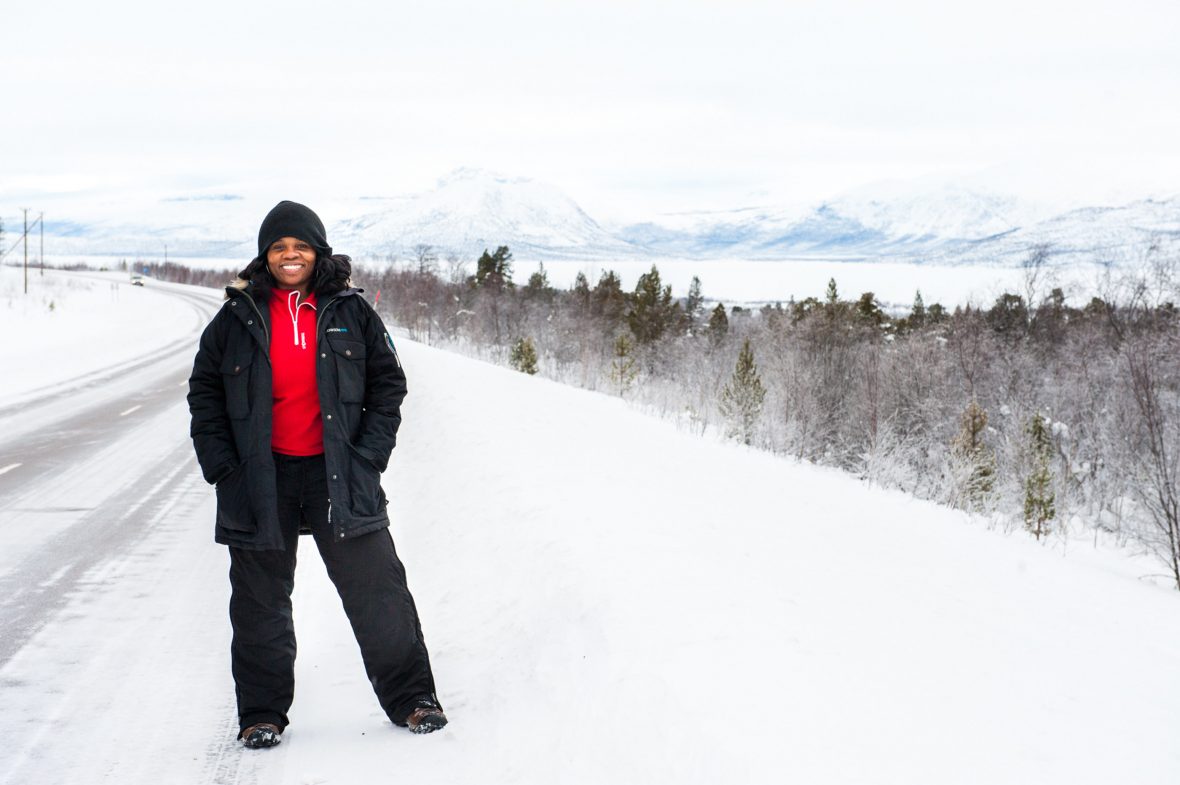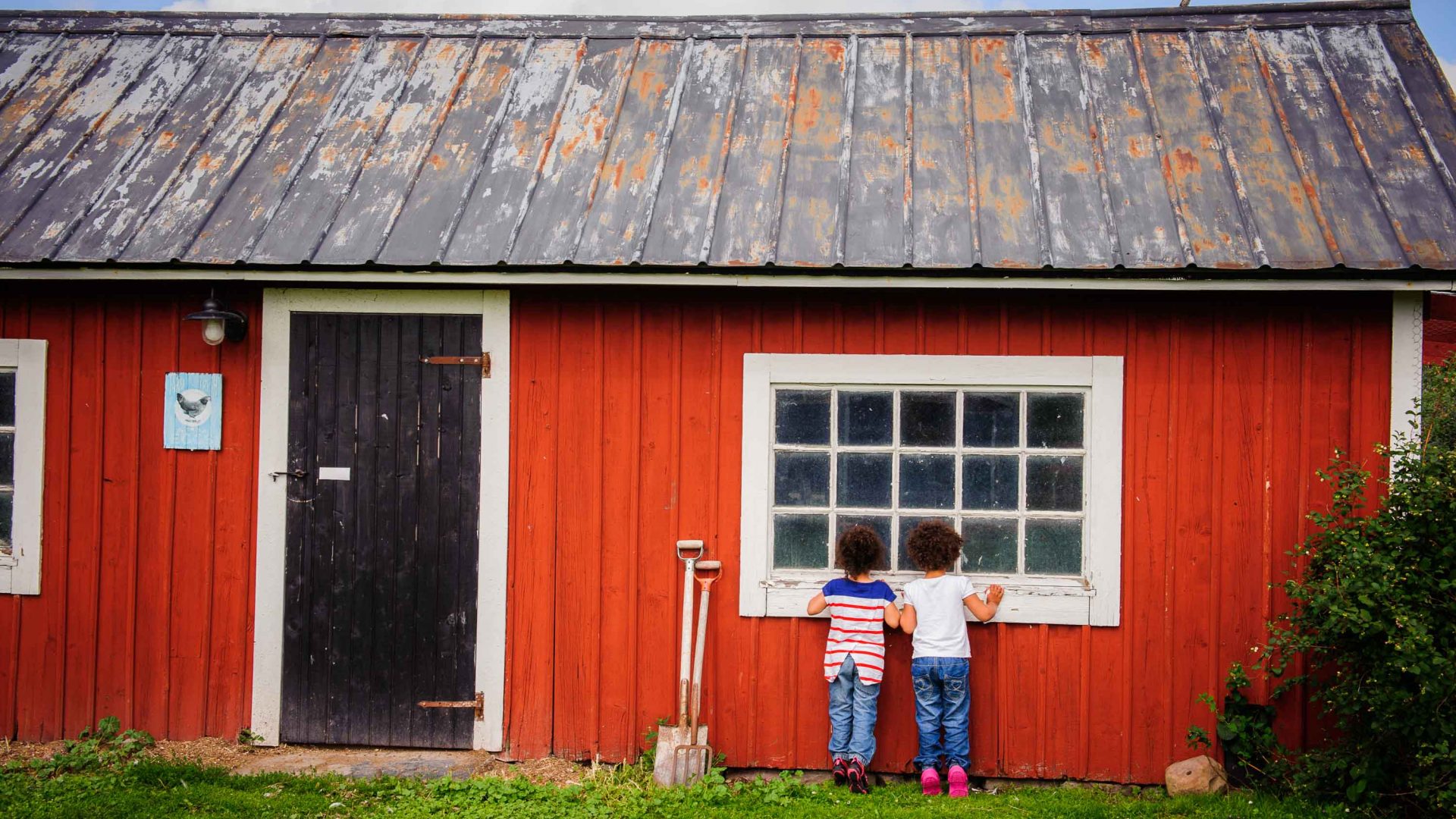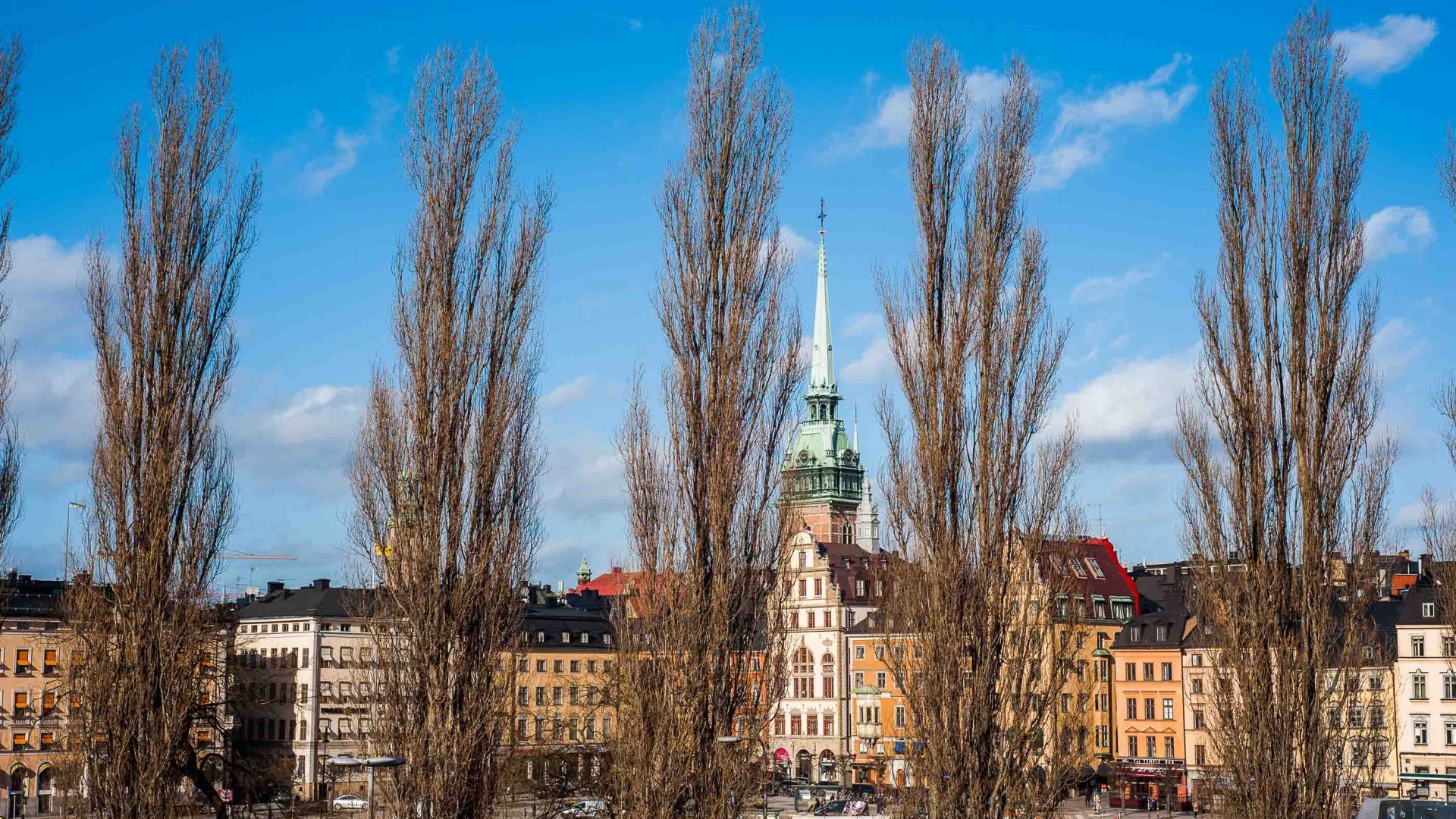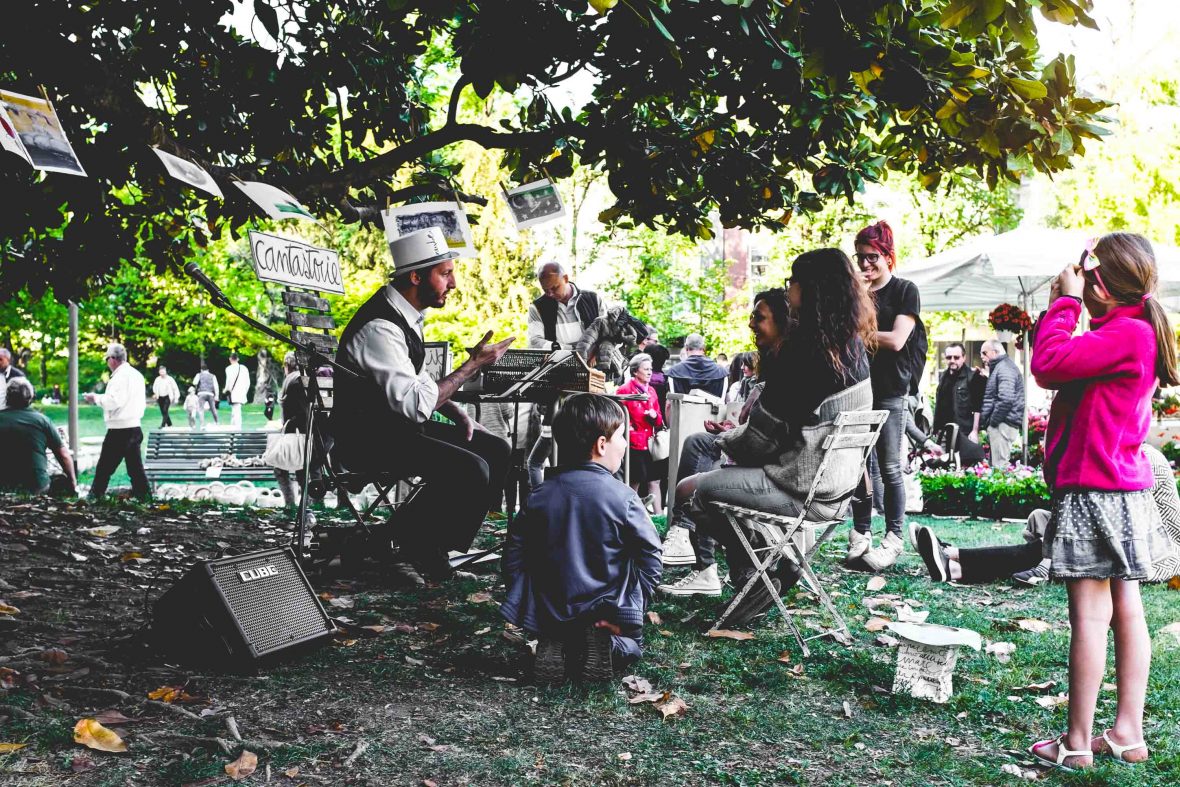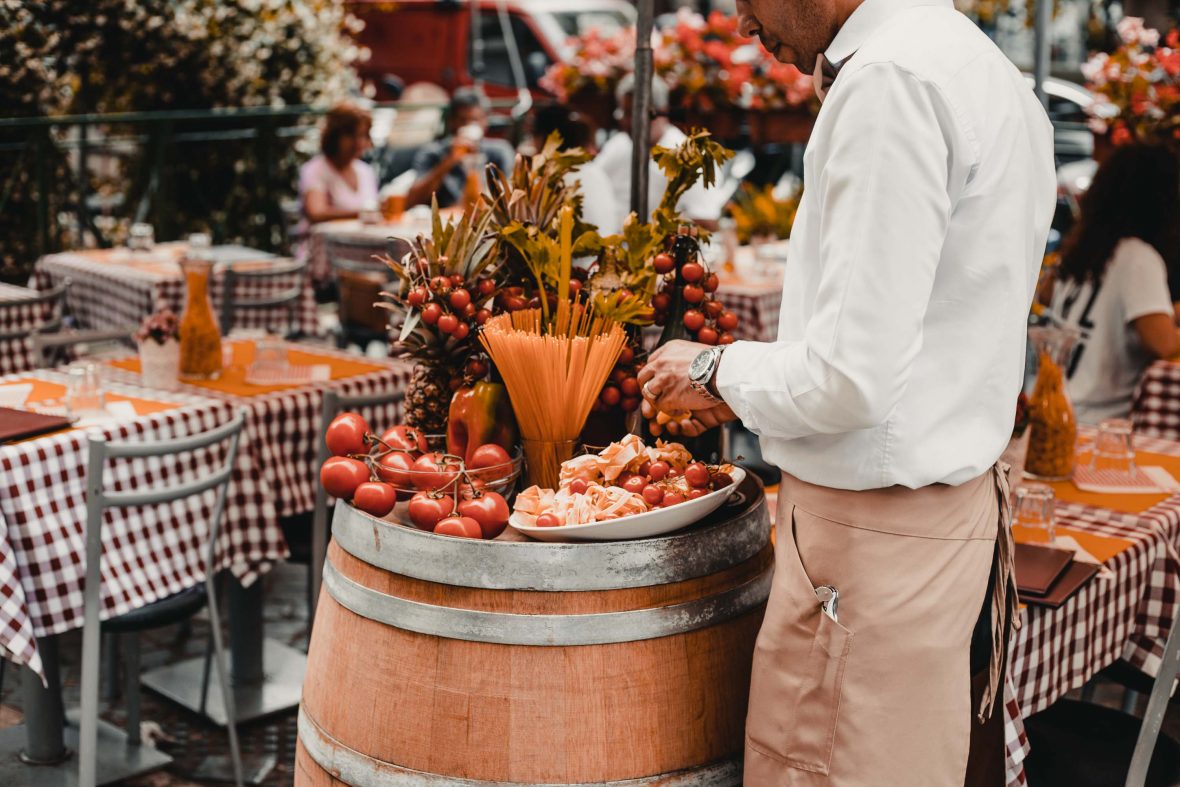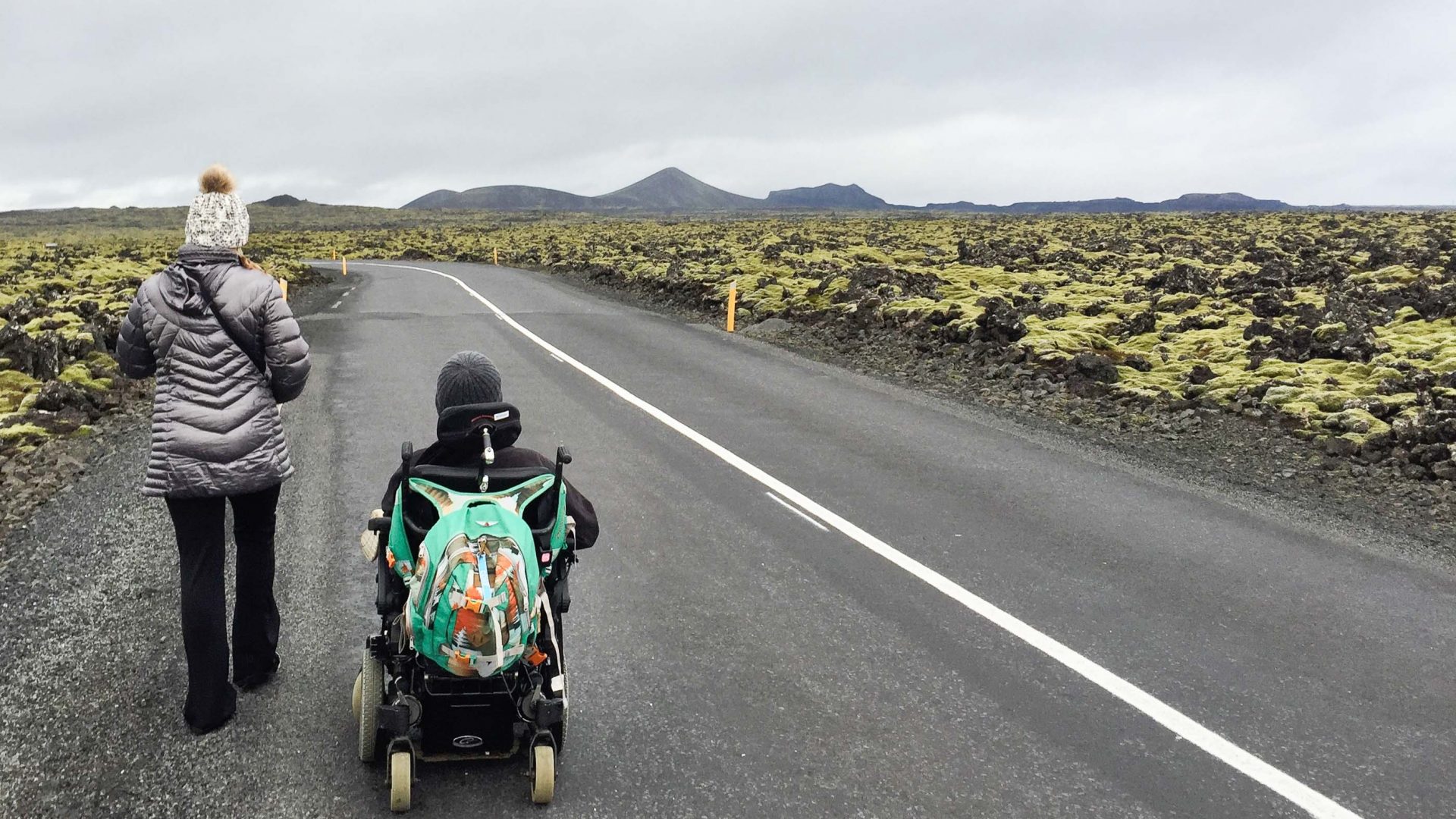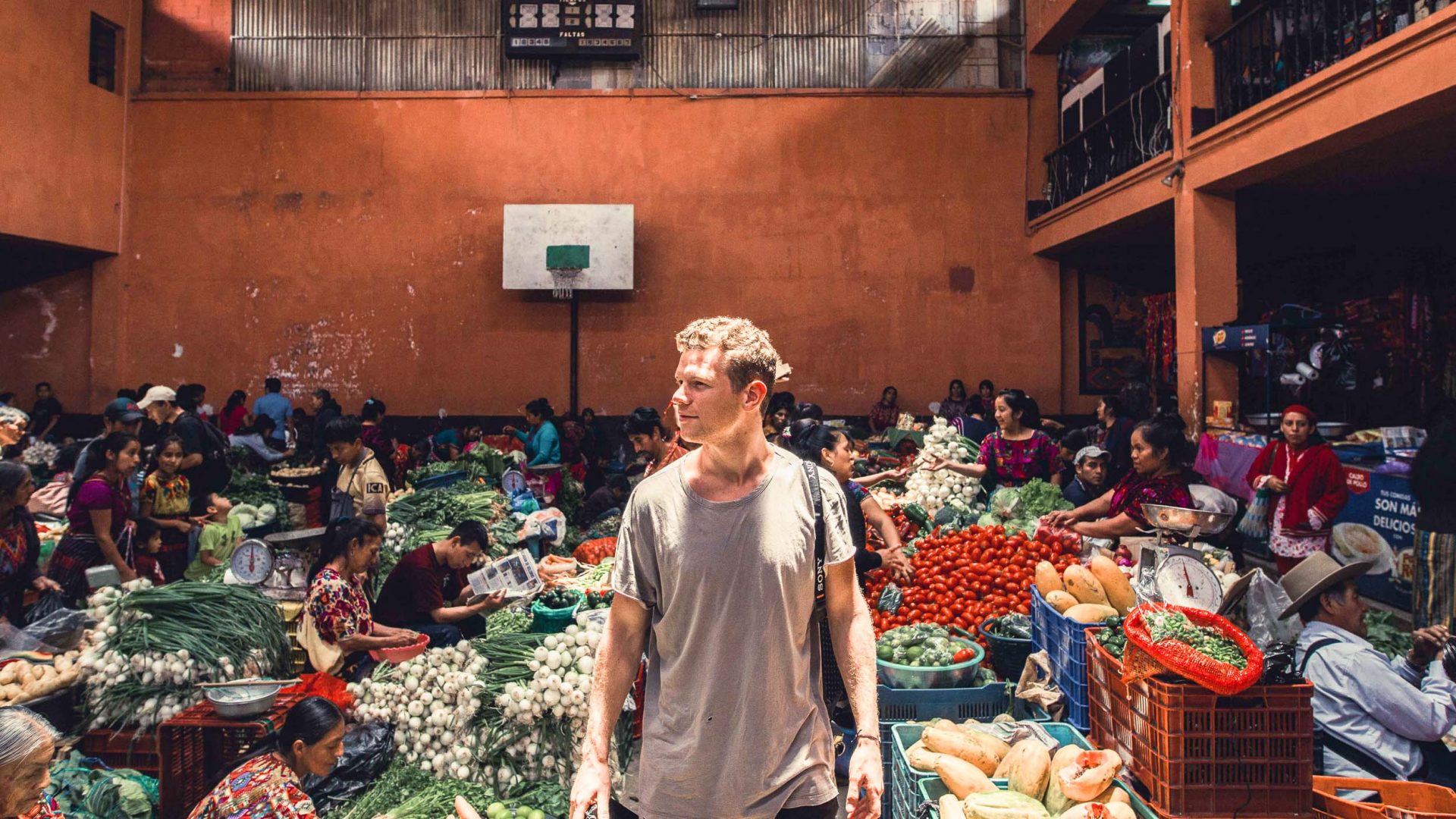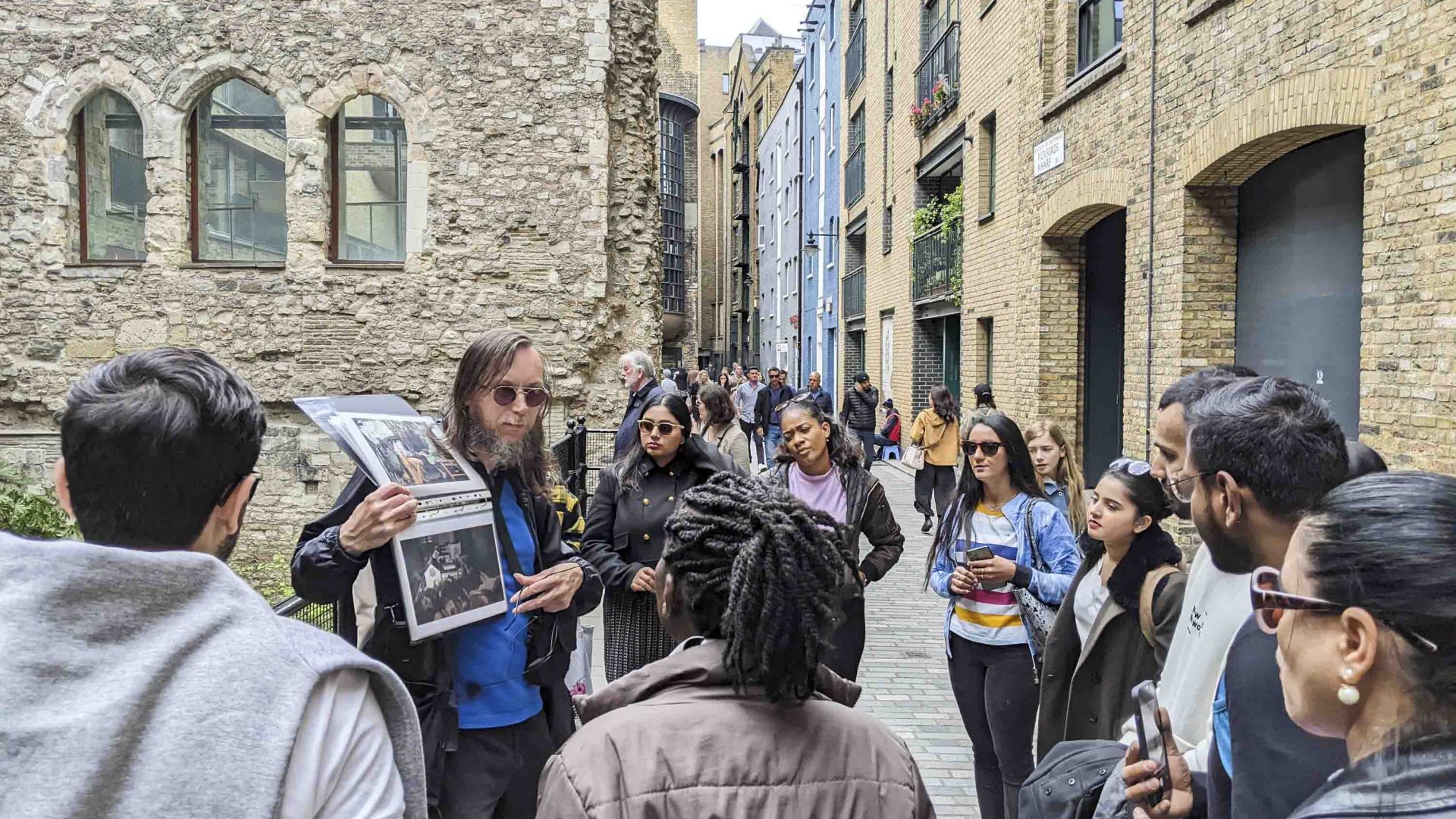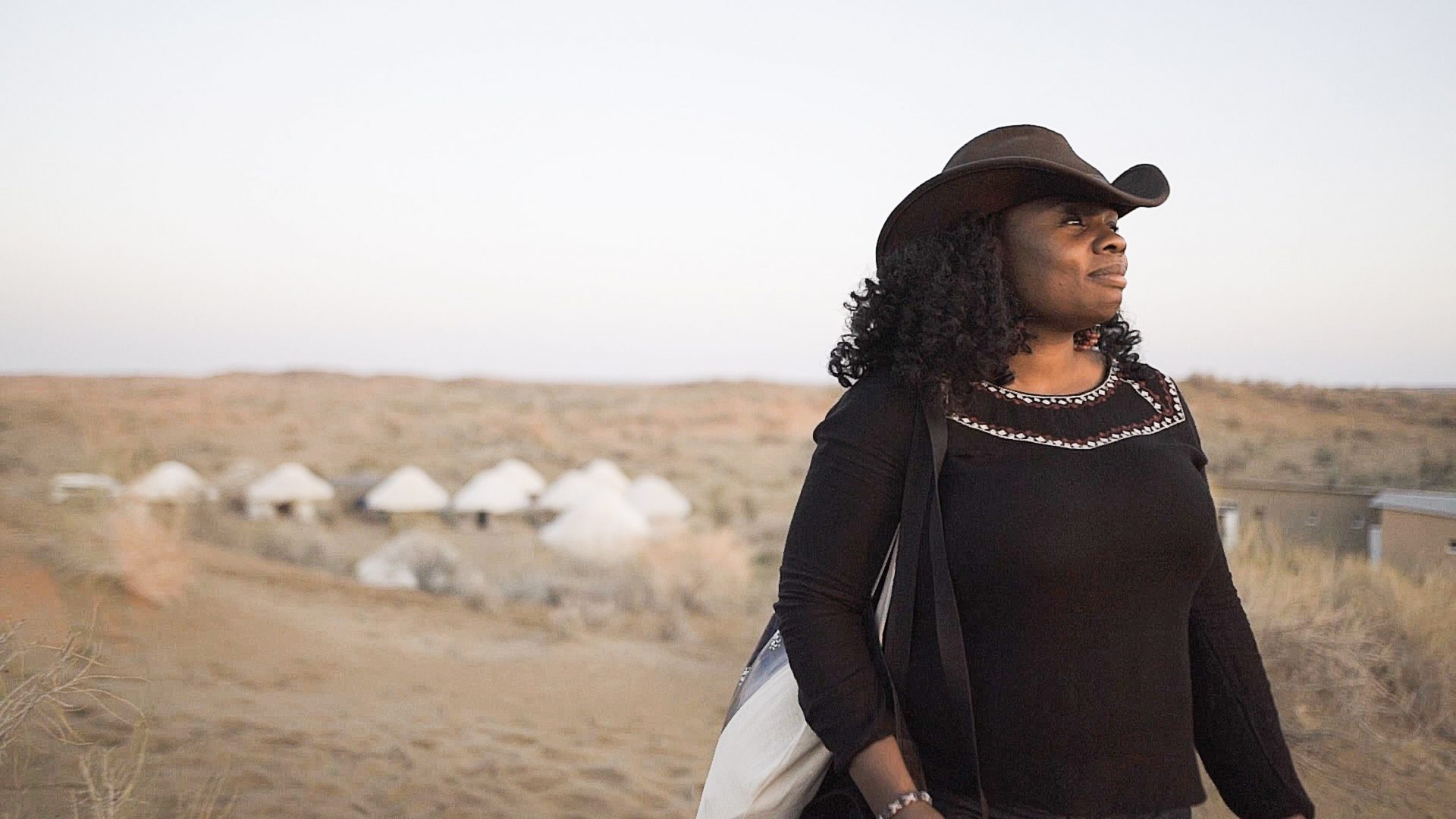
Despite making her home, life and family in Sweden, Black Nigerian author Lola Akinmade Åkerström is still questioned on her authority to write about her adopted homeland. But, she asks, who has the right to tell any story? What are the gray areas?
I stared in horror at the print article with my name attached to it, fuming at the error my editor had inserted into my cultural piece about Sweden’s revered Thursday pancake tradition.
“But pancakes are eaten on Shrove Tuesday around the world,” the editor argued with me before publication.
“I know,” I reiterated. “But in Sweden, we eat pancakes and pea soup on Thursdays. It’s historically tied to the Swedish Armed Forces and World War II.” By that point, I’d already penned several cultural articles for Sweden’s official website, including one on Swedish food culture.
“Very well.” The editor seemingly accepted defeat and worked my corrections of her edits into the final piece. Yet, she snuck the error back in before publication—she didn’t fully embrace my expertise.
I knew this because she riddled our conversation with microaggressions, curiously wondering why I moved to Sweden since I’m Nigerian, how I moved to Sweden, and other private details of my life as an African in Sweden.
While that minor detail—Tuesday versus Thursday—might escape unsuspecting readers, even small errors damage credibility. Especially since my name was attached to it, in addition to the double-standard societal criticisms I often receive as a Black African woman because my mistakes are less forgivable.
I would normally have brushed this encounter aside, had it not come on the heels of yet another condescending encounter. This time, it was a white male editor at another travel publication who responded tersely that he, too, had traveled to Sweden a handful of times, knew some Swedish people and disagreed with what I wrote. This is all despite the fact he initially solicited me as an expert to write about Swedish cultural nuances.

